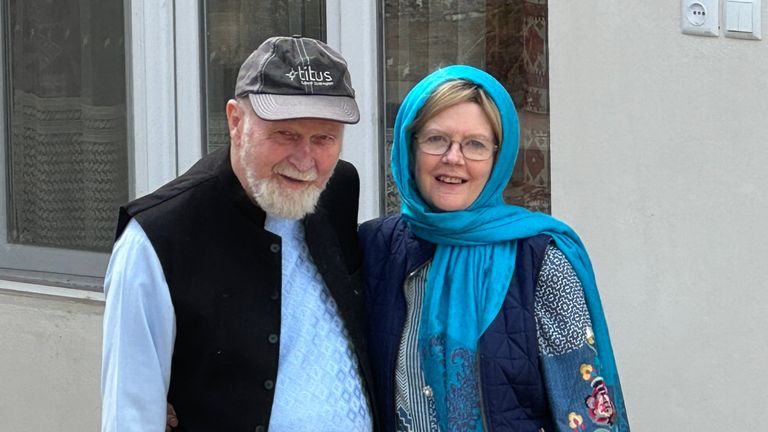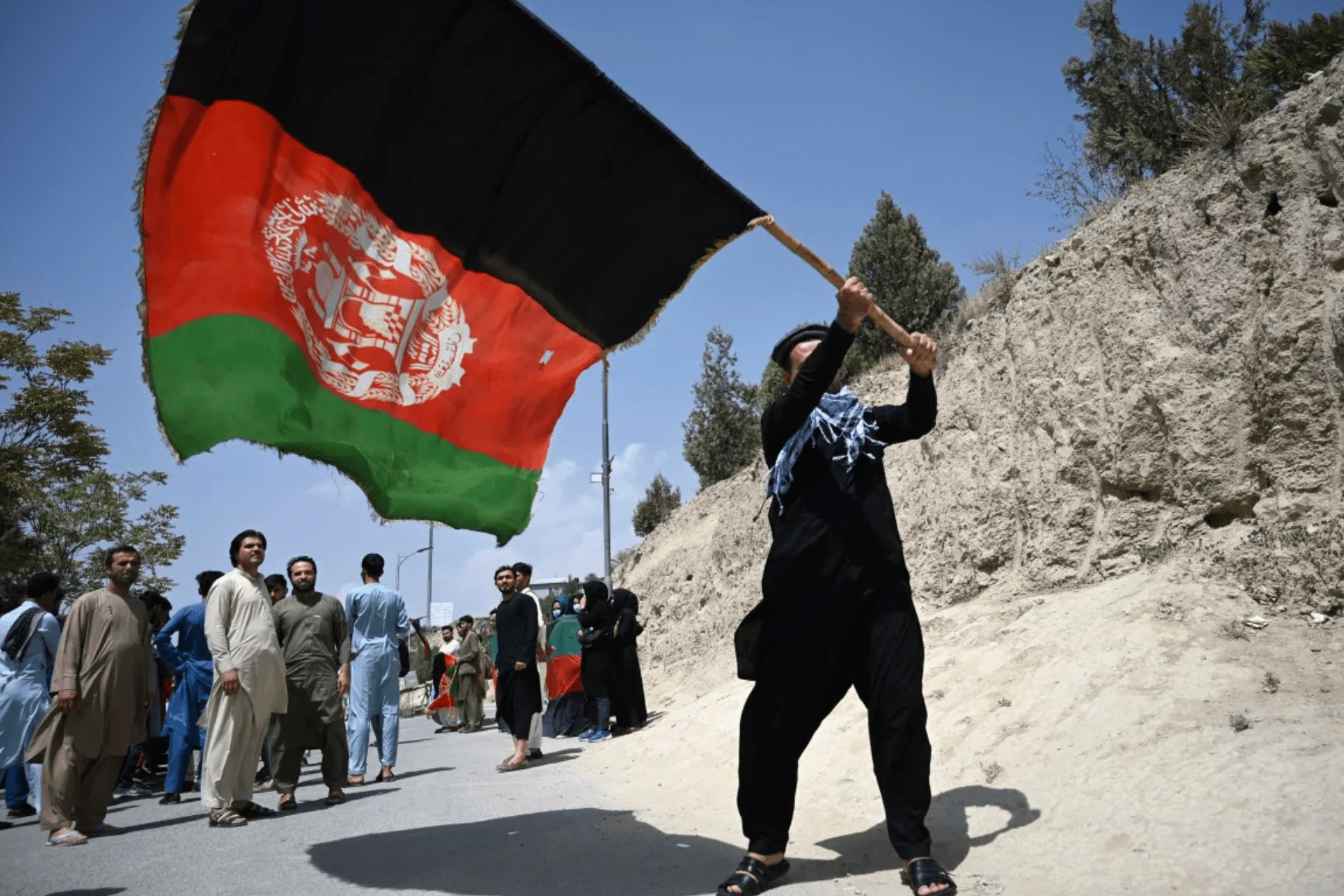WhatsApp Ban Paralyzes Taliban’s Activities

As the Taliban continuously strive to use WhatsApp’s end-to-end encryption for military operations, Meta continues to ban their accounts.
The news of Taliban using the messaging application, WhatsApp, for their operations and military activities is not entirely new, though it has significantly increased after the fall of Afghanistan. There are several reasons behind Taliban’s preference of WhatsApp. On the one hand, the application is quick, and given Afghanistan’s unstable electricity and internet connections, it makes communications easier. On the other hand, what is most important for the Taliban is arguably the application’s end-to-end encryption, meaning that the person one communicates with is the only person that can read or listen to what is sent, and nobody in between, not even WhatsApp / Meta.
Using this feature, the Taliban have used WhatsApp over the past several years for their military operations and communications. Using this application, they have sent explicit photos and videos of arrests, explosions, and other military operations, some of which have also leaked over time. They have also used this platform to share locations, and exchange voice messages that have included verbal commands, and more. However, over the past several months, the use of this application has become quite challenging for the Taliban, as their accounts are continuously banned in accordance with the US sanctions. This ban has brought about severe challenges for this network. In an interview with a member of the Taliban shared by the New York Times, some light is shed into how this ban affects Taliban’s functioning as a whole. The Taliban member states that as he used WhatsApp’s location sharing feature to get to their target, his account was deleted, and thus the entire operation was affected.
Another member of the Taliban who preferred to stay anonymous stated that the use of WhatsApp is widely expanding among this network, as the specific features of the application has made it easier for them to go around without being targeted through their phone signals to be attacked.
While WhatsApp does have an end-to-end encryption feature, Meta, the multi-technology conglomerate under which WhatsApp operates has a strong policy against terroristic activities on its platforms. The company’s policy rational states, “in an effort to prevent and disrupt real-world harm, we do not allow organizations or individuals that proclaim a violent mission or are engaged in violence to have a presence on Meta platforms. We assess these entities based on their behaviour both online and offline, most significantly, their ties to violence. Under this policy, we designate individuals, organizations, and networks of people. These designations are divided into three tiers that indicate the level of content enforcement, with Tier 1 resulting in the most extensive enforcement because we believe these entities have the most direct ties to offline harm.” Tiers 2 and 3 emphasize on violence and hate speech. In line with the company’s policies, the spokesman for the company stated that WhatsApp identifies users among the Taliban and blocks their accounts.
As WhatsApp has been the backbone for communications, and thus military operations for the Taliban, ban of their accounts is continuously paralysing the network from functioning and carrying out activities. This instance has also occurred several months after the Taliban’s accounts and pages were banned from other Meta’s platforms, such as Facebook and Instagram.
While there are further difficulties that need to be tackled, Taliban’s ban on these platforms have been widely welcomed by Afghans.
- 2023 Jun - 20






